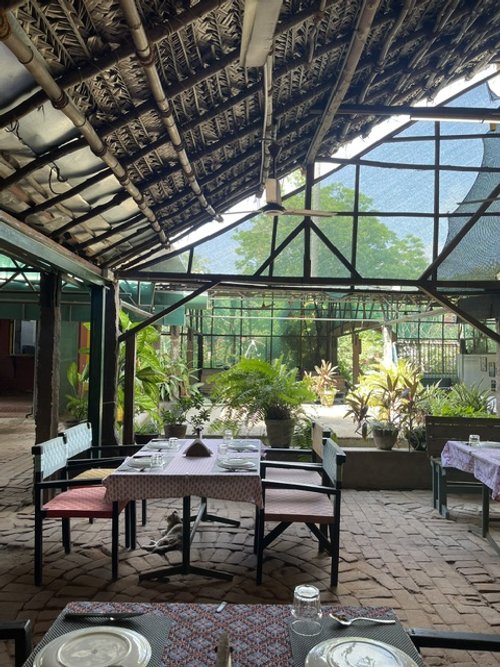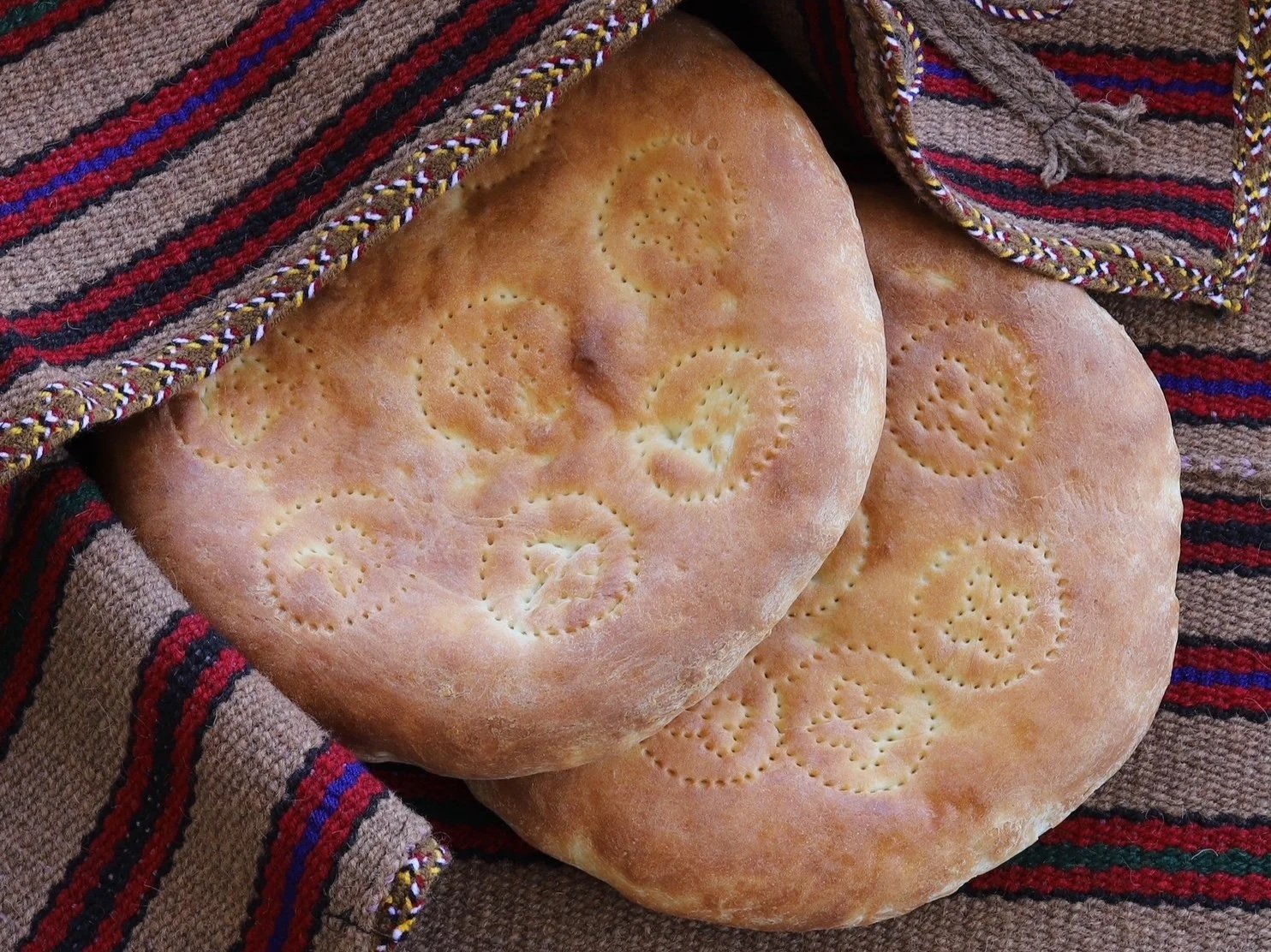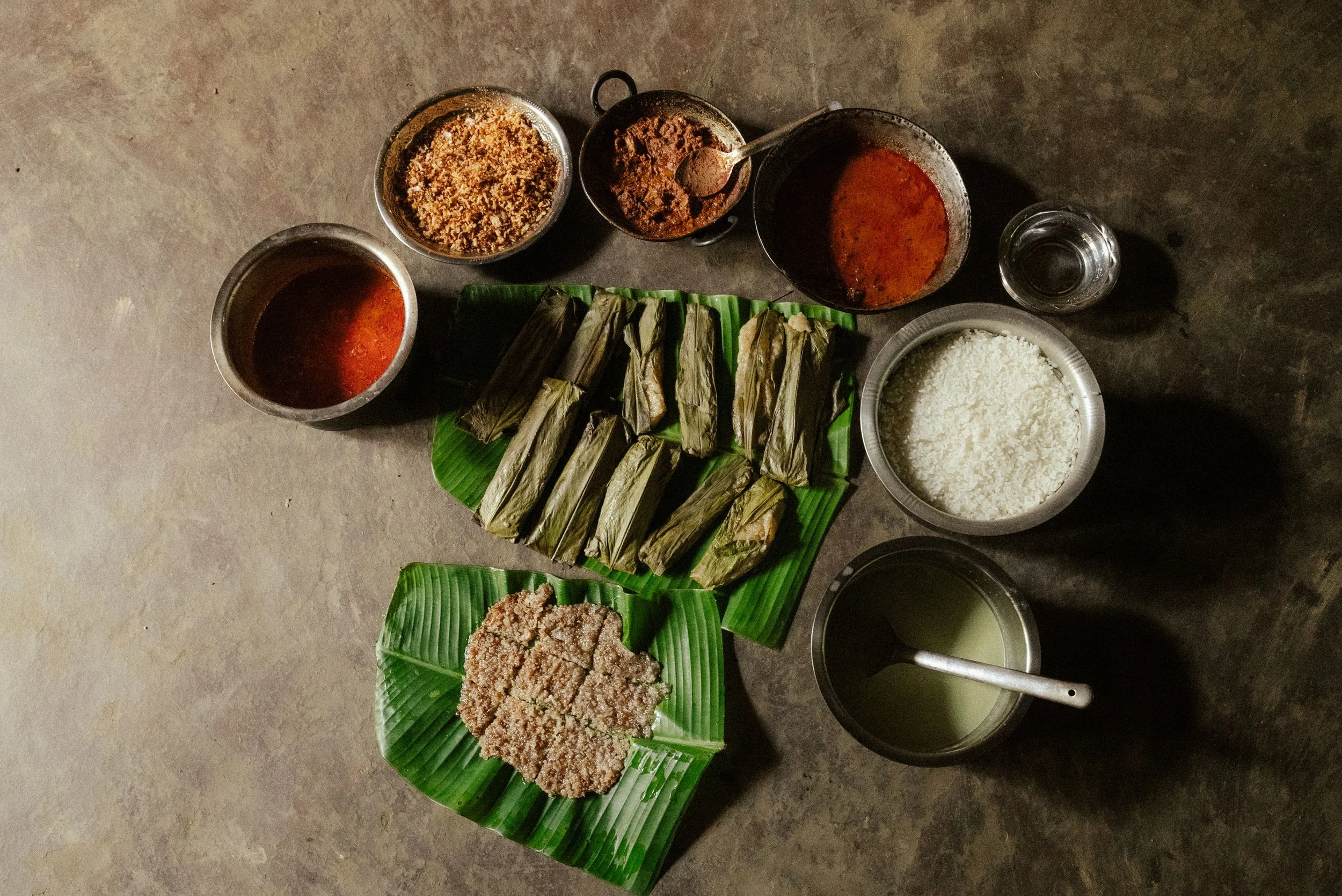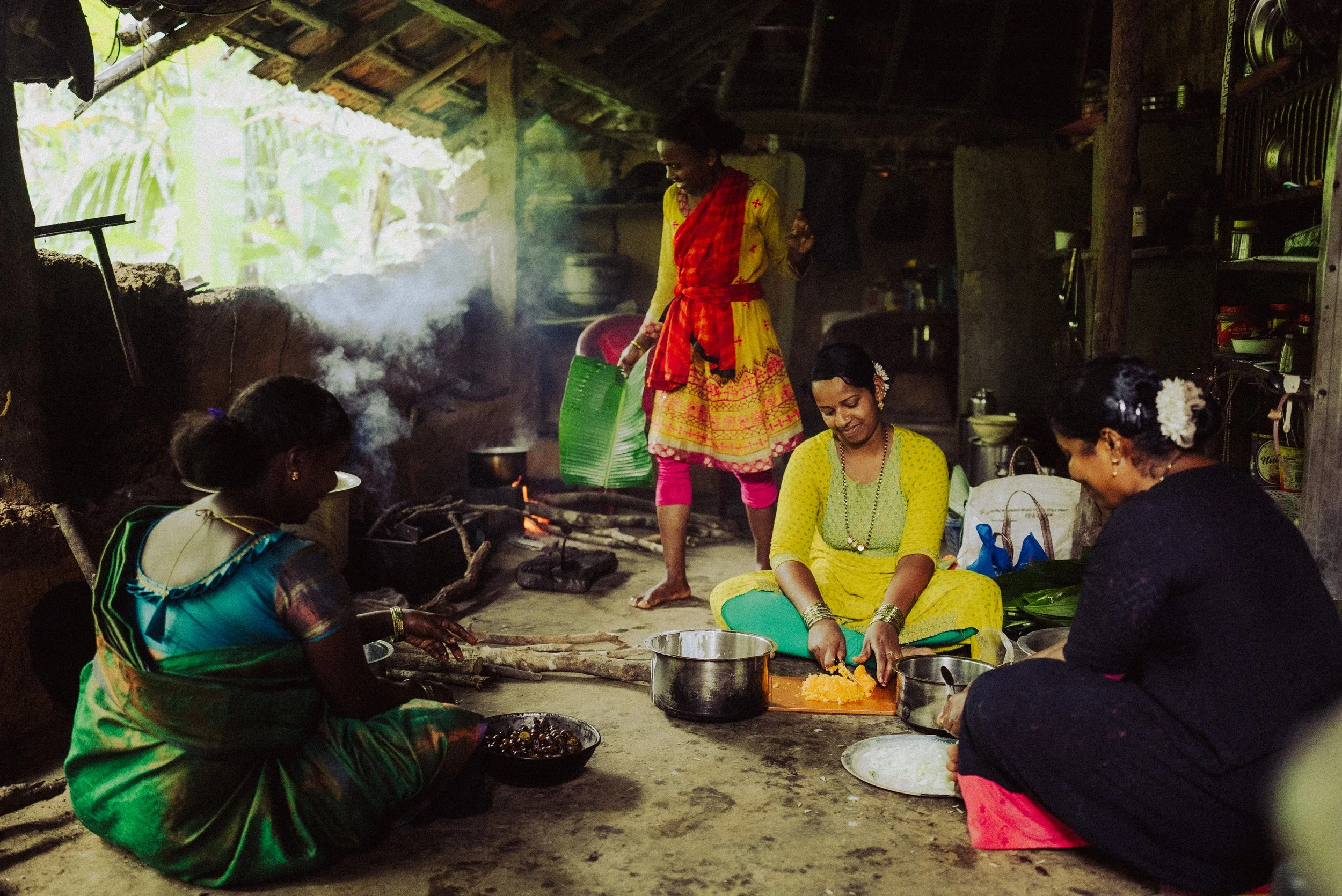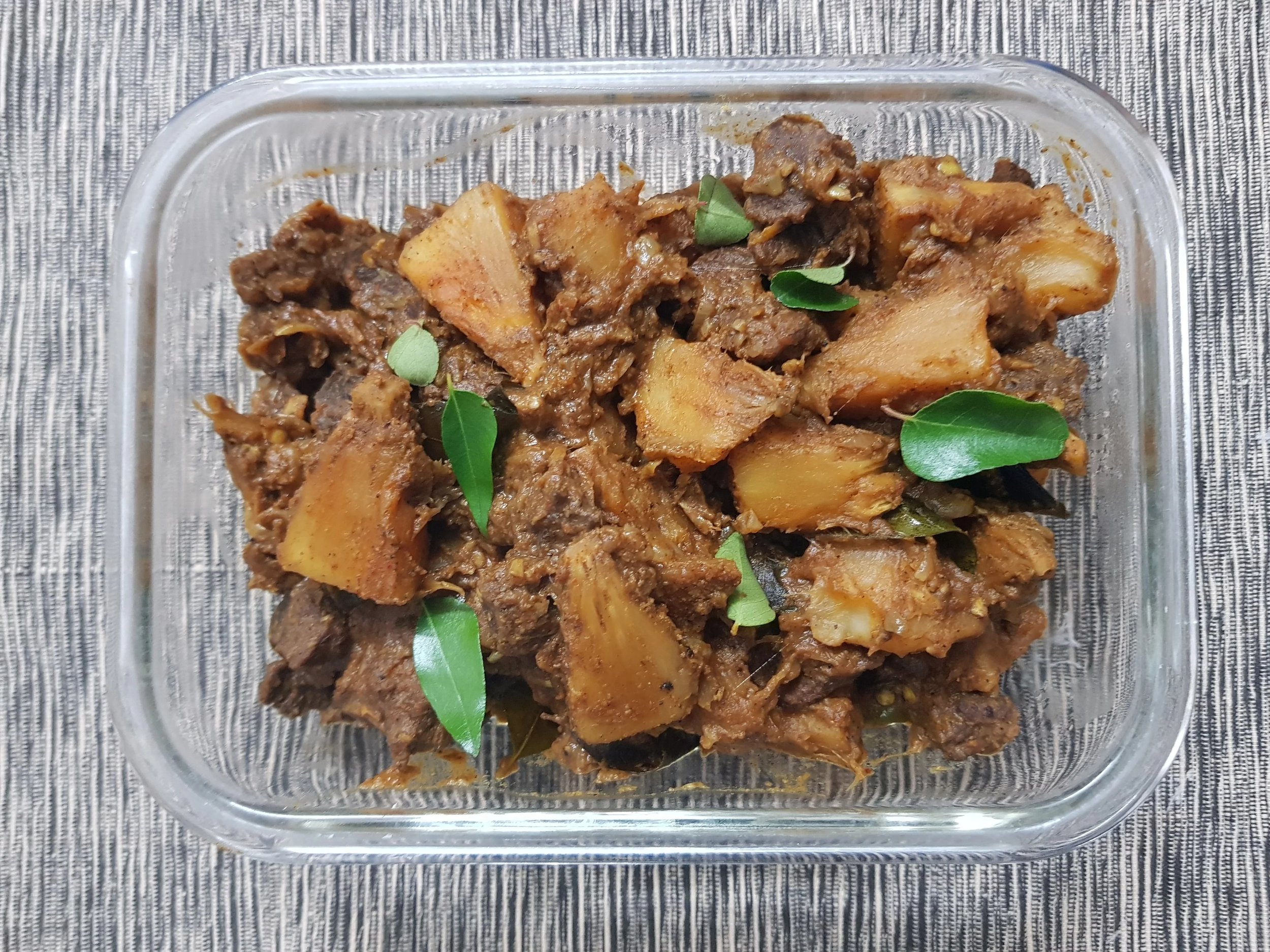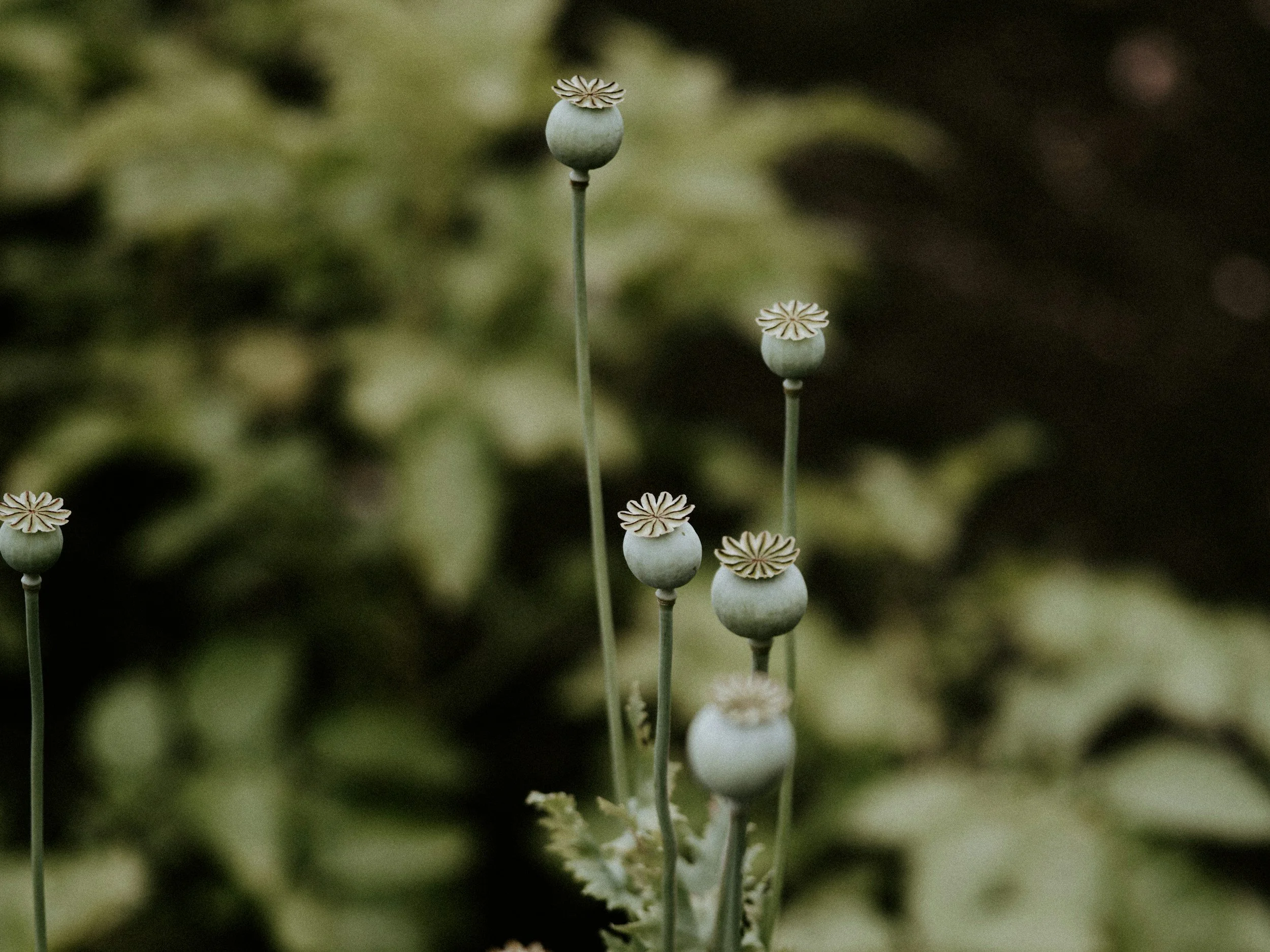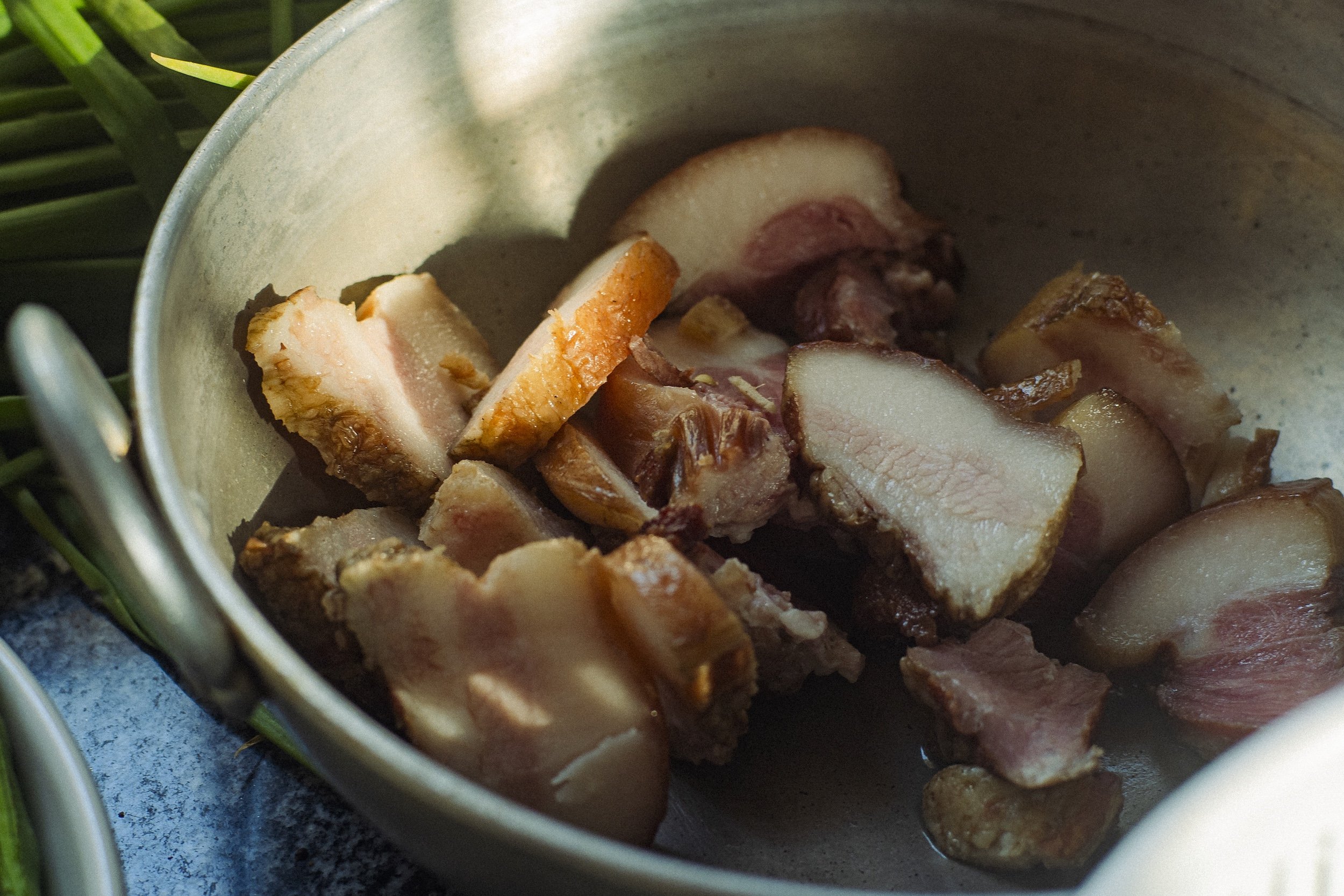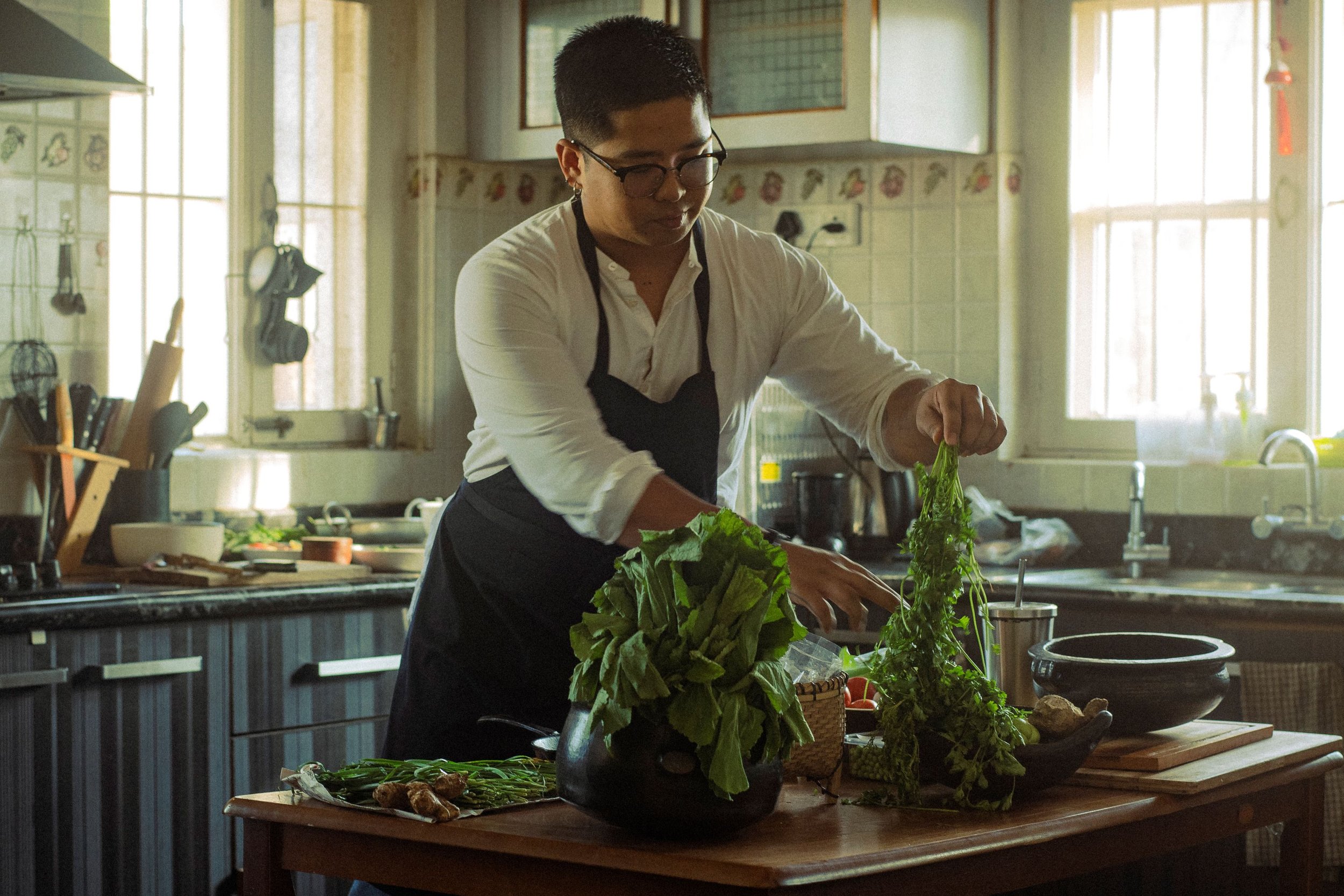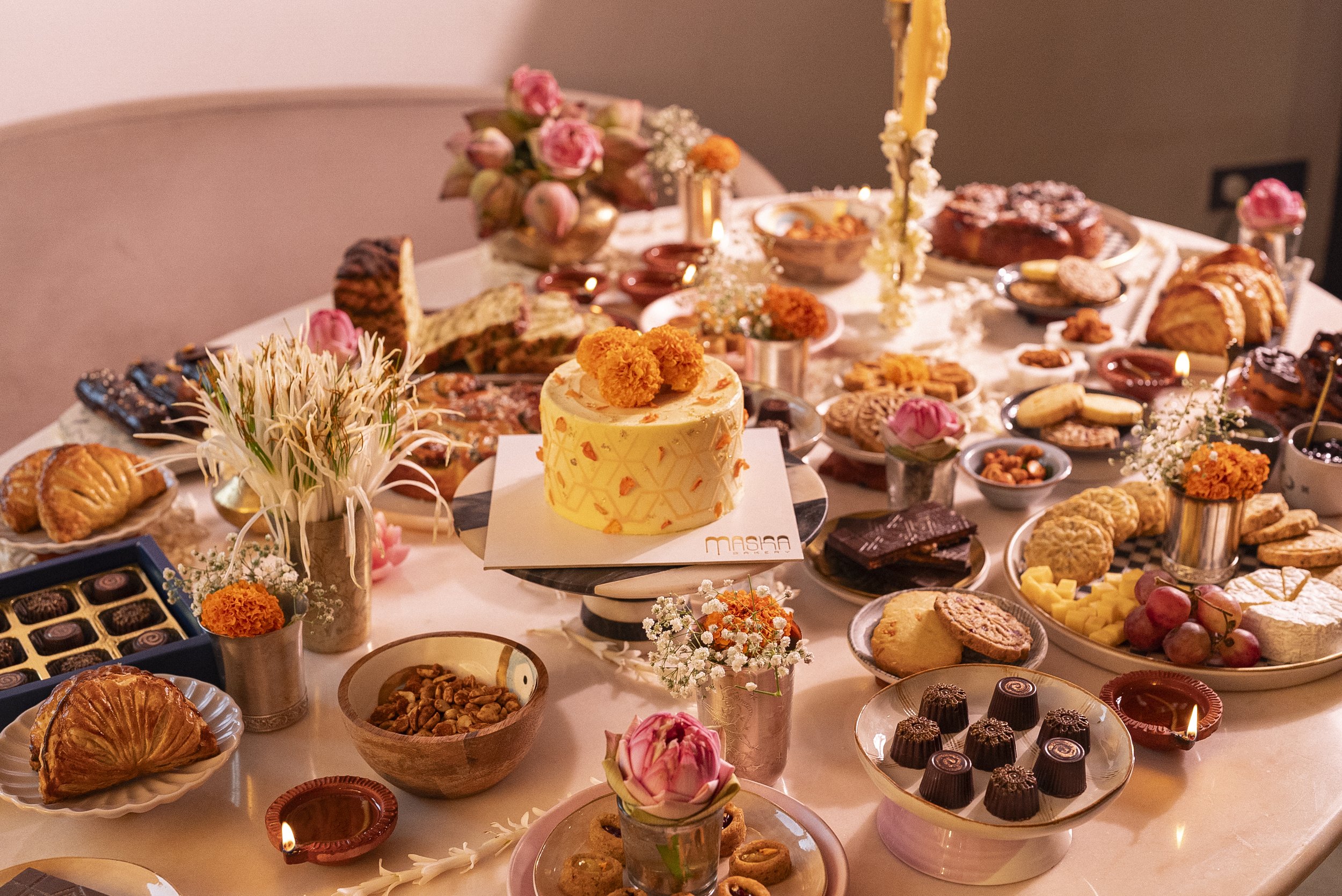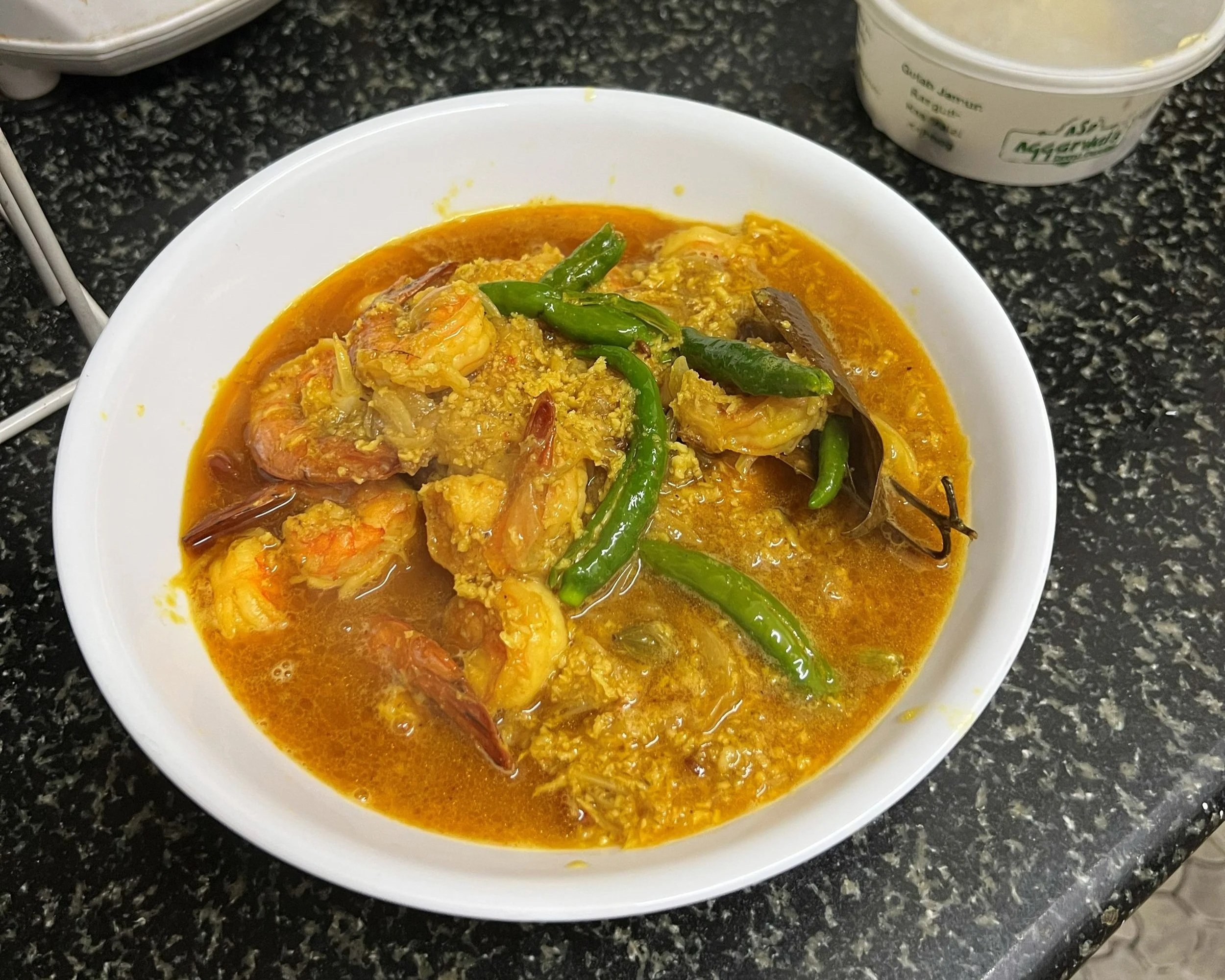Meet Shalini and Arul: Living the Farm-to-Table Dream in Chennai
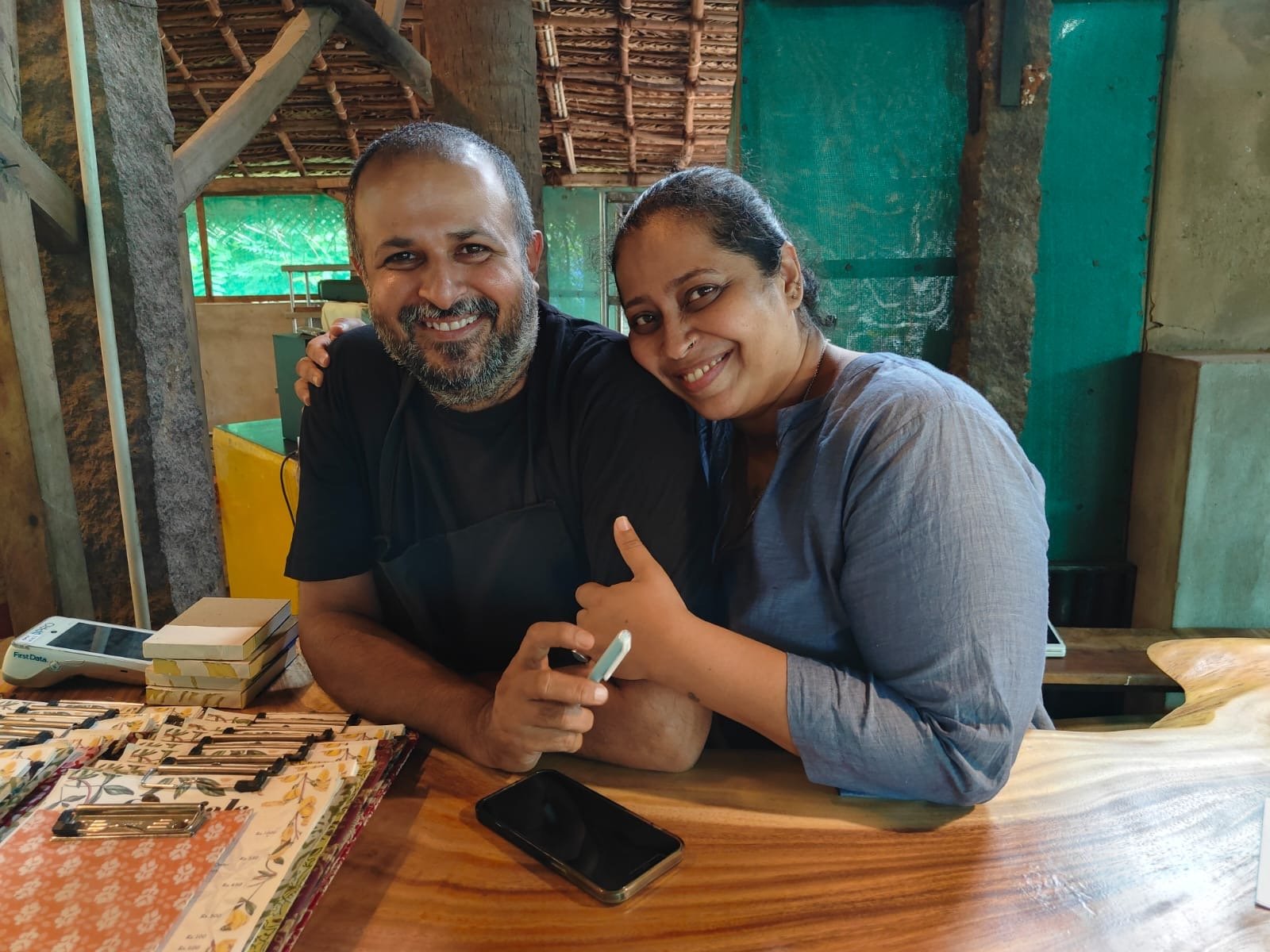
Chennai is home to a dairy farm, known within the city simply as — The Farm. Rooted in sustainability and warmth, their journey celebrates community, clean living, and the simple joy of fresh, honest food. Chaitali Patel meets Arul and Shalini, the visionary founders and dreams, who run The Farm.
It’s a busy morning at the Farm Shop in the Semmencheri neighbourhood of Chennai. Orders pour in via a telephone. The staff at the billing counter deal with customers. The shop itself is bustling: colourful wicker baskets filled with freshly harvested local greens, glossy avocados and plump baby tomatoes, wooden shelves stacked high with bottles and jars of sauces, preserves, honey and pickles. A refrigerator by the side is filled with cheese: stretchy string cheese braids, bloomy rind, small balls of marinated feta, and flavoured labneh.
The Farm Shop is far from being a well-stocked urban grocery store. It is part of a larger dairy farm, selling fresh produce grown onsite, and a variety of other products sourced from small producers from around India. The result is a fantastic curation of artisanal produce.
A Childhood Dream
Arul Futnani grew up on this farm. Life within the confines of the property hasn't changed much since he was a boy. It continues to follow the rhythm of the bovines; after cows are milked in the morning, the cows and buffalos are sent out to graze freely across the property.
Beyond the fence, though, things are drastically different. Over the years, as the urban sprawl of Chennai spread, the tranquil acres around the farm transformed from a sleepy rural hamlet into a bustling neighbourhood with towering skyscrapers, traffic snarls and congestion. In the face of this rampant urbanisation, Arul decided to marry hospitality with farming, in a bid to bring in much-needed resources, and allow him to continue living the farm life. “Hospitality felt like a natural choice. As our supplies would come from the farm, we planned to buy the produce and then decide what to do with it,” says Shalini Philip, Arul’s partner - both in life, and at the farm.
Arun and Shalini, the founders of Chennai’s The Farm.
Farm to Table
Simply named The Farm, the restaurant welcomed its first guests in 2009. Nestled within a coconut grove with an indoor and outdoor section, the restaurant’s menu draws heavily on what’s grown on site. Arul and Shalini have no training in the culinary arts and learned everything on the go.
In a thriving dairy farm, milk and milk products are the most easily available ingredients. “Being ingredient-driven was the very nature of what we were going to do. It was not an active choice, but we had all this milk and we wanted to use it,” says Shalini. Unlike commercial dairy farms where the quantity of milk produced is strictly controlled, milk produced on Shalini and Arul’s farm changes with the seasons. Beginning with mozzarella, the farm now makes 17 kinds of cheese. As artisanal cheese makers, they draw inspiration from cheesemaking communities and countries around the world, while improvising with methodology.
Beyond cheese, they make fresh mithai like gulab jamuns, rasgullas, rasmalai, milk cake, pedas as well as ice cream. Milk mostly finds its way into meals as cheese, ghee or yoghurt, or in a dish called ragi koozha, a porridge made from ragi flour, rice, buttermilk and seasoning.
If cheese is their obsession, the food they cook is a reflection of their desire to use ingredients creatively while incorporating different cooking techniques. They don’t want to to be limited by cuisine, and their menu is an inventive mix of dishes from across the country and the world, often inspired by their travels. Despite this, the dishes tether you to the farm — the Uttarakhand-style kadhi chawal made with farm-fresh yoghurt, and pakodas made with pasalai keerai — greens that grow wild in the garden.
Their Botanist plates shine the spotlight on vegetables, but steer clear of using them in typical ways. The idea was born from a desire to explore different plant families, and to create a plate of food with complementary flavours. In the Beets & Brassica plate, a splatter of beet sauce spiked with radish cream forms the base for a stack of crisp spinach leaves, roasted cauliflower and radish coated in mustard oil. Topped with perfectly charred bok choy, sprinkled with popped amaranth seeds, the plate brings together vegetables from the Amaranthaceae and Brassica families. Known as companion plants, these plants grow well together in a garden, protecting one another from pests. Shalini says, “If they work well together in nature, we were certain they would also be great together on the plate.”
The focus remains on being local and seasonal. The best example of this is their small plates, called Innikku, meaning today in Tamil. They feature ingredients that are only available for a short duration, sometimes just a handful of days. From making their ketchup to sausages, almost everything served in their restaurant is made by hand and with immense attention to detail.
If the ingredient is not grown or produced on the farm, it's carefully sourced — the seafood that comes from local fishermen, and the silken tofu comes from a Chennai-based Japanese family. Over years of travel, the couple have met and befriended like-minded producers, many of whom have now become friends and suppliers. From Leh, Ladakh they get sun-dried tomatoes, Chamomile tea and dried apricots. Tart sea buckthorn berries come from the remote Spiti Valley as does apricot oil, peppermint and barley. A self-professed chilli fiend, Shalini personally oversees the making of a 21-day fermented bhut jolokia hot sauce. Vegetables and herbs that don't grow in the coastal belt are sourced from farms in the Nilgiris.
Building a Network
The Farm's contribution to the food scene has not yet won awards or accolades, but their contribution to expanding palates is undeniable. Arina Suchde, chef and author of The No Waste Kitchen Cookbook says, “They are very different from others in the conventional Chennai food scene. Some of the dishes they have on the menu would have been a first for the city. They pay tribute to so many different cuisines by taking ideas from friends and family, or drawing inspiration from their travels.” Suchde reached out to Shalini and helped them do an audit of their kitchen and beverage counter.
Like all businesses, activities on the farm came to a screeching halt during the pandemic. Arul and Shalini used this long pause to rethink their menu while keeping their love for food and exploration alive. This recalibration is most evident through the posts and stories shared on their Instagram page: where they talk about nature’s chemical reactions that result in a particular taste, colour or texture; or how to use available local ingredients in new ways. Social media also helps them connect with people.
Maya Ganesh, who supplies nasturtium flowers in ice boxes by overnight bus from Kodaikanal, helped The Farm set up a commercial waste management system. “They are very quality conscious and environmentally conscious, and like to close the loop, working with whatever waste is generated in the system and ensuring it goes back as a resource. They are very resourceful with whatever they have in their ecosystem,” she adds.
Many of their customers remain loyal and ardent fans; Shruti Charan has been dining there for over seven years. “I am conscious about the quality of produce and the source of dairy I consume. So for me, The Farm ticks all the right boxes. Their menu is vast and well thought-out, and I love the earthy charm of the place.”
Chaitali Patel is a freelance writer based in Dubai. She's always on the lookout for interesting stories about people or places. Her words have appeared in several international and Indian publications. Follow her on Instagram
ALSO ON GOYA





